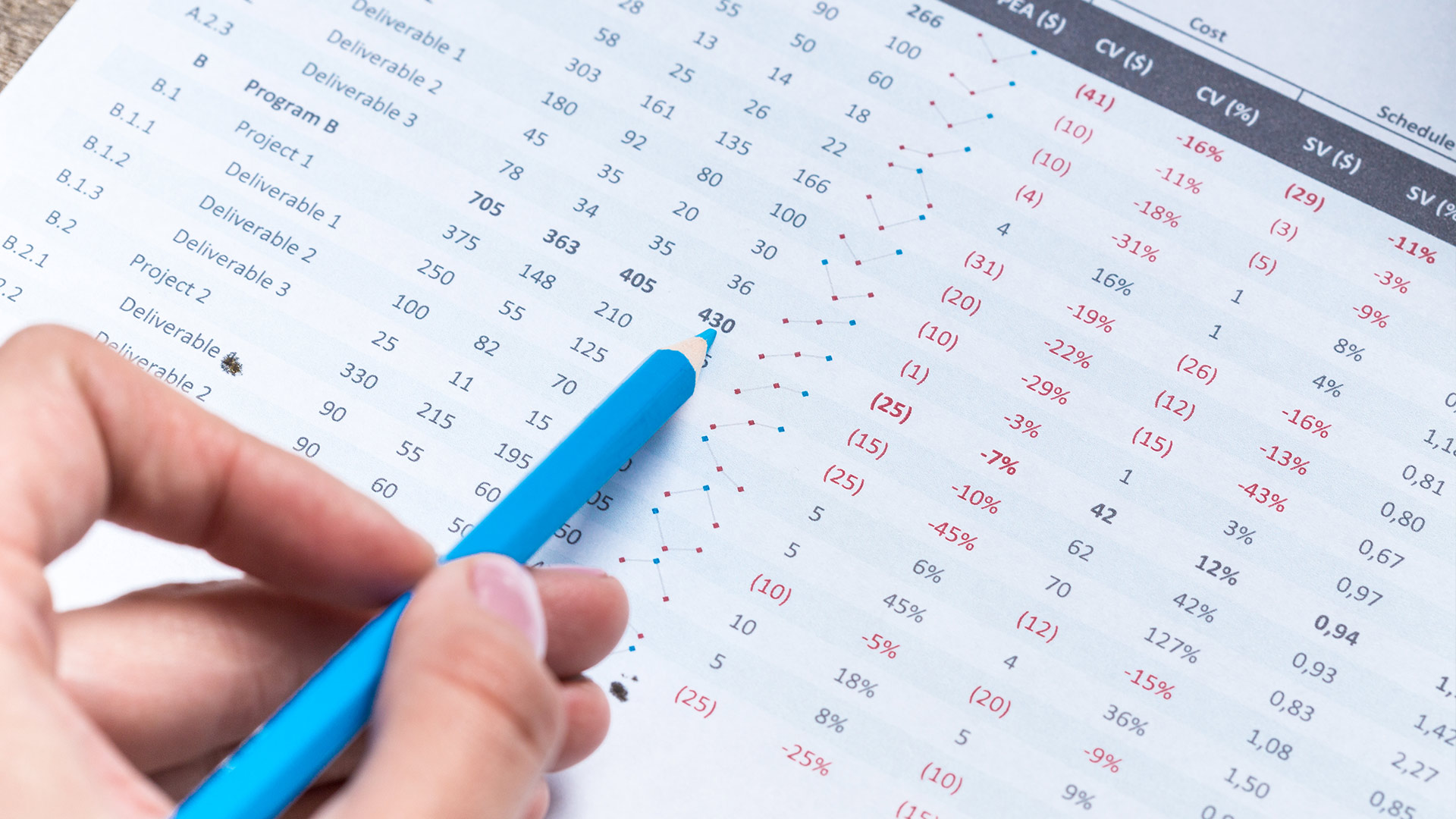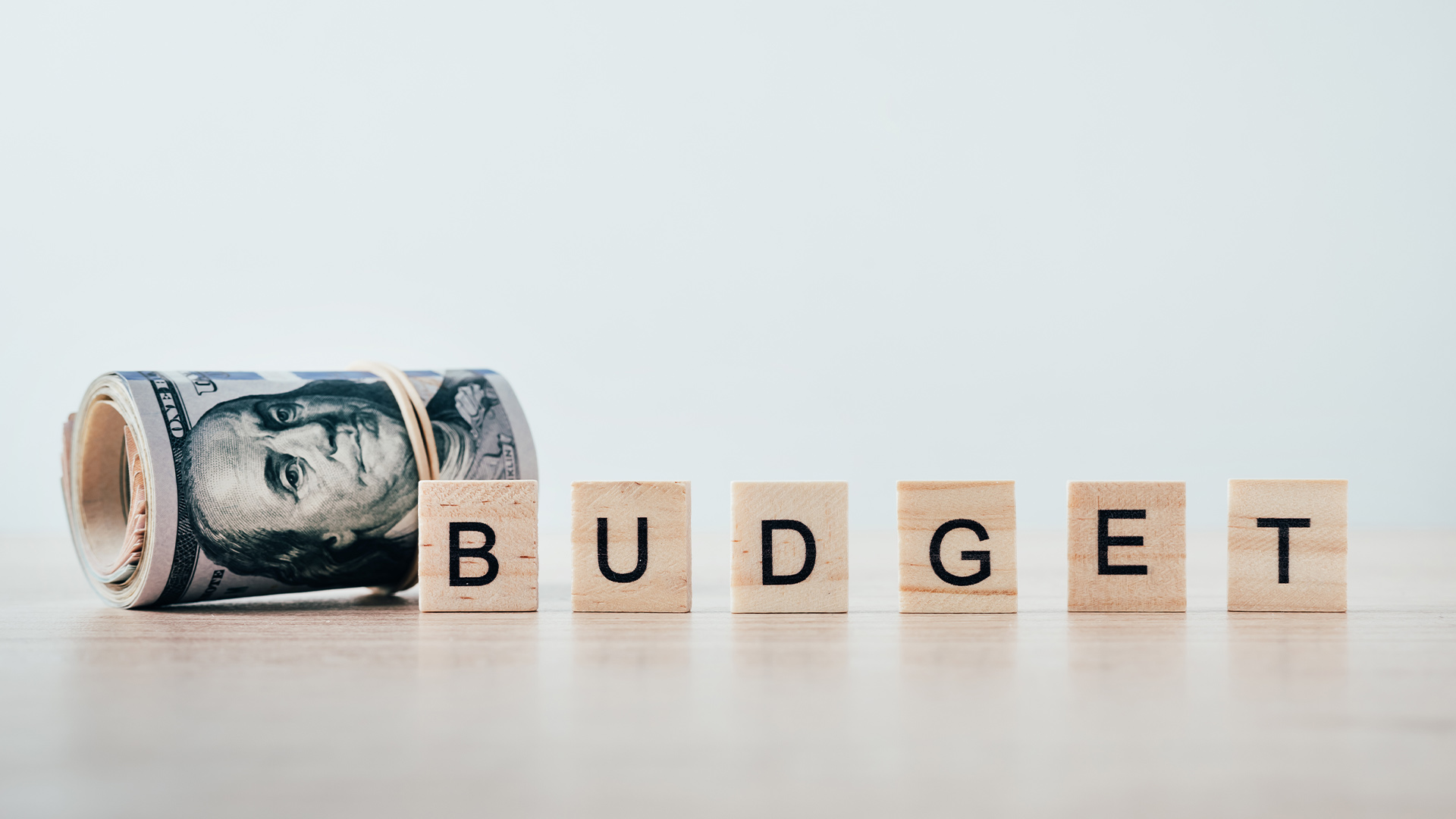
The Ultimate Daily Money Tracker
It’s the slow leak of daily spending that drains your budget. That’s why a simple daily money tracker is one of the most effective tools you can use to stay in control.
If you’ve ever found yourself wasting time every month figuring out where your money went or how to get back on track, it’s time to bring in some help--specifically, templates. Money templates are not just about organization. They’re about efficiency, clarity, and freeing up brain space so you can spend less time managing money and more time enjoying life.

If you’ve ever found yourself wasting time every month figuring out where your money went or how to get back on track, it’s time to bring in some help--specifically, templates. Money templates are not just about organization. They’re about efficiency, clarity, and freeing up brain space so you can spend less time managing money and more time enjoying life.
Here are five powerful money templates that’ll save you hours every month, whether you’re budgeting solo, as a couple, or for a household.
The monthly budget is the cornerstone of personal finance planning. With a ready-made structure, you can plug in your numbers and get a snapshot of your entire financial month in minutes.
What to include:
Why it saves time: You’re not recreating your budget from scratch every month. You just duplicate the template, tweak the numbers, and you're good to go.
Pro tip: Color-code the categories for faster scanning and trend spotting.
Late fees are often the result of disorganization--not lack of funds. A bill tracker keeps everything visible in one place and reminds you what’s due and when.
What to include:
Why it saves time: It eliminates the mental juggling act. You won’t waste time hunting down bill emails or trying to remember if you already paid the power bill.
Pro tip: Review this template at the beginning and middle of each month.
Tracking spending doesn’t have to be exhausting. A simple template that logs purchases as they happen can help you stay aware without feeling overwhelmed.
What to include:
Why it saves time: By logging expenses daily or weekly, your end-of-month reconciliation takes minutes instead of hours. You also catch trends before they become problems.
Pro tip: Use it on your phone with a shared Google Sheet or Notion table for mobility.
It’s easier to save when you can see progress. This template turns abstract goals into visual motivation.
What to include:
Why it saves time: No more checking multiple accounts or guessing your progress. It’s all in one place, and each update takes seconds.
Pro tip: Use one sheet per goal and update weekly--it keeps your “why” front and center.
One of the most overlooked tools in personal finance is reflection. A review template lets you evaluate how you did, what worked, and what needs changing--without going in circles.
What to include:
Why it saves time: It gives structure to your thinking. No more sitting in front of your bank app wondering, “Okay, what now?”
Pro tip: Use it with your partner or accountability buddy to keep each other on track.
Consistency is key. Keep all your templates in one central location:
Set a recurring monthly “Money Hour” to check in, fill them out, and plan forward.
Templates don’t have to be fancy to be life-changing. The right money templates simplify your workflow, help you stay consistent, and make your financial progress feel less like a chore and more like momentum.
With just these five tools, you’ll gain hours of time back each month--not to mention a lot more confidence and clarity around your money.

It’s the slow leak of daily spending that drains your budget. That’s why a simple daily money tracker is one of the most effective tools you can use to stay in control.

Spreadsheets might not be the sexiest part of managing money, but they’re one of the most powerful. A good budget spreadsheet saves you time, cuts down on stress, and shows you exactly where your money’s going--and where it should go instead.

If you’ve ever felt like you’re managing your money in a fog--checking five different apps, forgetting what bills are due, or losing track of your goals--a daily finance dashboard can clear it all up. It’s not just for data geeks or spreadsheet lovers. It’s a tool anyone can use to stay financially grounded in just a few minutes a day.